Results
-
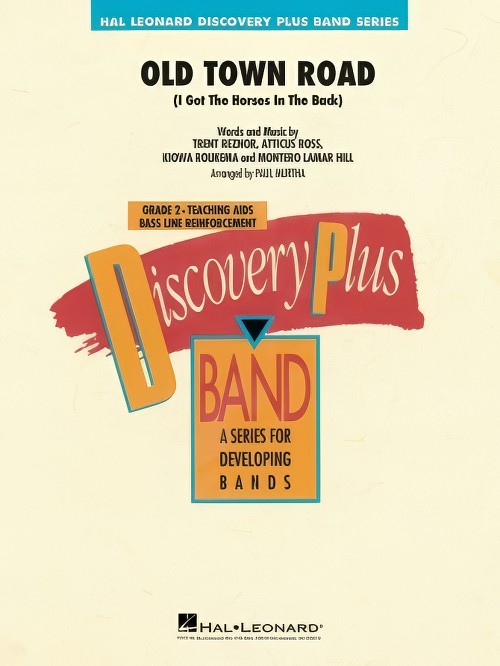 £53.50
£53.50Old Town Road (Concert Band - Score and Parts) - Murtha, Paul
Recorded by American rapper Lil Nas X and joined in the music video by country singer Billy Ray Cyrus, this mega hit stayed #1 on the Hot 100 pop chart for a record-breaking 19 consecutive weeks! Paul Murtha's version for young bands captures the unique sound of this appealing tune in this great-sounding arrangement.
Estimated dispatch 7-14 working days
-
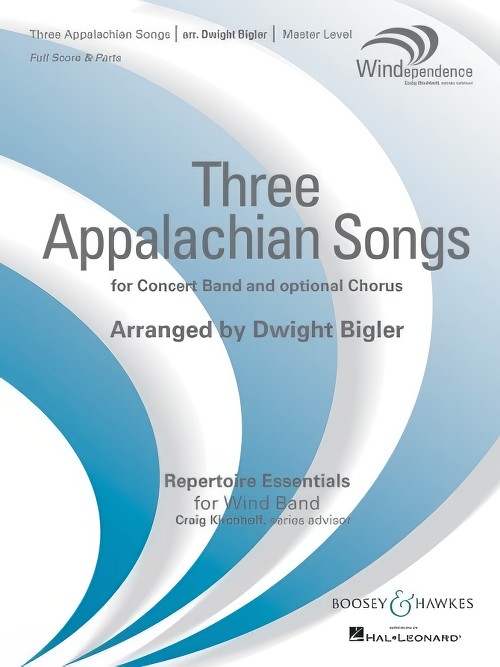 £95.00
£95.00Three Appalachian Songs (Concert Band with Optional Choir - Score and Parts) - Bigler, Dwight
The classic early American folk songs Cluck Old Hen, Poor Wayfarin' Stranger and Sourwood Mountain are beautifully set for band and SATB chorus in this appealing concert suite. Arranged with various performance options available, these songs may be performed individually as well as together in a suite format. In addition, these can be performed with band alone, chorus and piano alone, or with combined groups.
Estimated dispatch 7-14 working days
-
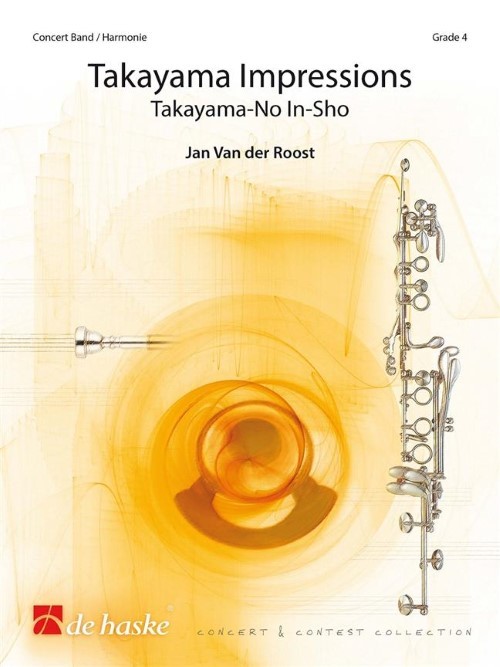 £149.99
£149.99Takayama Impressions (Concert Band - Score and Parts) - Van der Roost, Jan
This piece was written to celebrate the fiftieth anniversary of the Takayama Wind Orchestra, who also commissioned it. The historic city of Takayama draws numerous visitors from home and abroad, not just to see its well-preserved old houses and buildings but also because every year several historic processions take place, with beautiful floats. When these ride through the city, age-old melodies are heard played on wooden flutes, accompanied by muted drums. This image is evoked at the beginning of the work, followed by an archaic sounding melody in a typically Japanese pentatonic sequence, that develops throughout. In this challenging piece Eastern and Western influences alternate, creating a sensational and overwhelming musical effect! Duration: 9.45
Estimated dispatch 7-14 working days
-
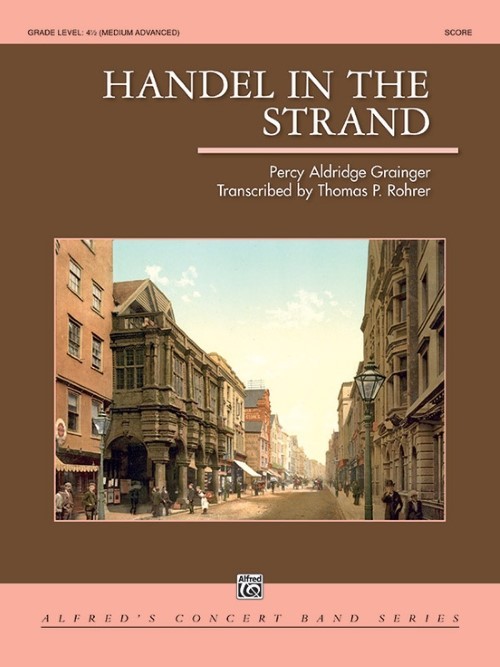 £78.00
£78.00Handel in the Strand (Concert Band - Score and Parts) - Grainger, Percy Aldridge - Rohrer, Thomas P.
This delightful Grainger classic was written to depict a jolly old George Friedrich Handel careening down the Strand (the theatre district of London) accompanied by the English popular music of the day. Given the original instrumentation and label as a chamber piece in Grainger's original publication, this transcription is taken directly from Grainger's "four-some" edition of 1912, transposed down a step from G to F major. It is scored to best depict the light (and sometimes percussive) quality of the piano along with the lyrical flow of the strings and the general character of chamber music. Ultimately, the "room music" quality of the original shines through in this skilful transcription while depicting the spirit of the piece in a way that Grainger might have chosen.Duration: 3:35
Estimated dispatch 7-14 working days
-
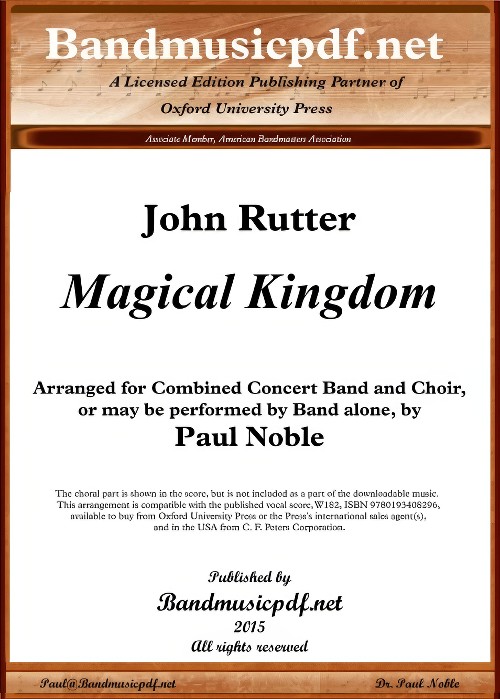 £75.00
£75.00Magical Kingdom (Concert Band with Optional Choir - Score and Parts) - Rutter, John - Noble, Paul
Written for 2-part children's choir and small orchestra, this fresh new arrangement is written for combined Concert Band and Chorus, and can be performed by band alone. The text shows John Rutter's ability to capture the imagination of young and old alike, yet the music is so beautifully set that words become almost superfluous. The arrangement is compatible with the published vocal score.
Estimated dispatch 7-14 working days
-
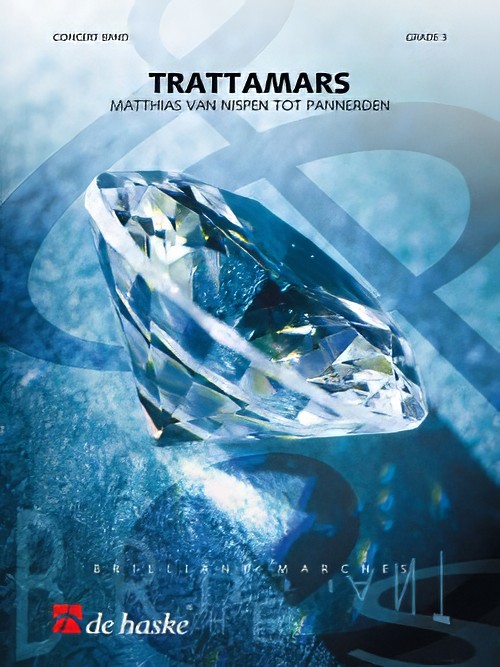 £76.99
£76.99Trattamars (Concert Band - Score and Parts) - Pannerden, Matthias Van Nispen tot
The Trattamars (Tratta March) was originally written for 'Il trattamento miracolo', an ensemble of five, performing light-hearted musical acts for the young and the old. This march is played when the members of the group appear on stage. The Dutch composer of the march, Matthias van Nispen tot Pannerden, studied classical saxophone as well as band conducting and composition at the Brabant Conservatory in Tilburg. He is a baritone saxophonist with the Orkest van de Koninklijke Luchtmacht (Band of the Royal Netherlands Air force). He is also active as a freelance conductor and composer.Duration: 3:30
Estimated dispatch 7-14 working days
-
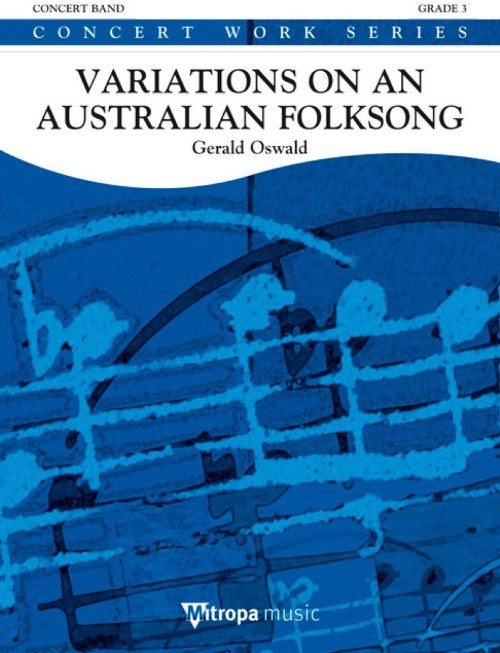 £102.99
£102.99Variations on an Austrian Folksong (Concert Band - Score and Parts) - Oswald, Gerald
Hot off the press! Composer Gerald Oswald bases this new work on an old Austrian folksong, O du lieber Augustin! The Augustin in questions is a ballad singer and an ad lib poet who apparently wrote this folksong about himself. His grim sense of humour and his attitude towards life, that humour can get you through anything, are readily apparent in this new piece. Gerald Oswald's Variations on an Austrian Folk Song received top honours at the 2010 Austrian Composition Contest.Duration: 6:45
Estimated dispatch 7-14 working days
-
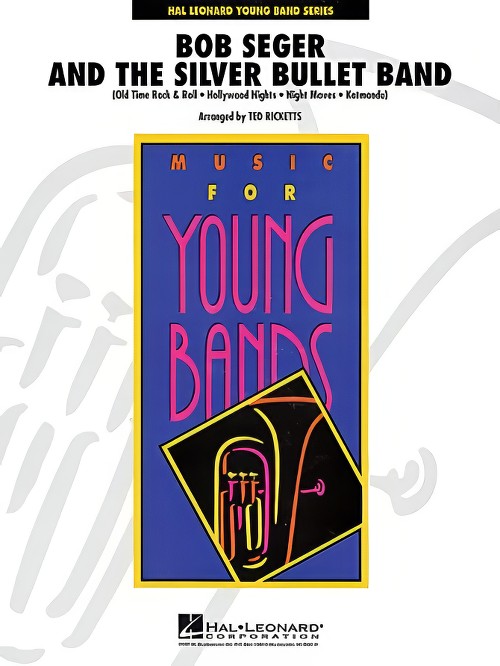 £69.99
£69.99Bob Seger and the Silver Bullet Band (Concert Band - Score and Parts) - Ricketts, Ted
One of the hardest driving rock bands of the '70s, Bob Seger and the Silver Bullet Band produced hit after hit and rocked their way across the country. This energetic medley for band includes Old Time Rock & Roll, Hollywood Nights, Night Moves and Katmandu.
Estimated dispatch 7-14 working days
-
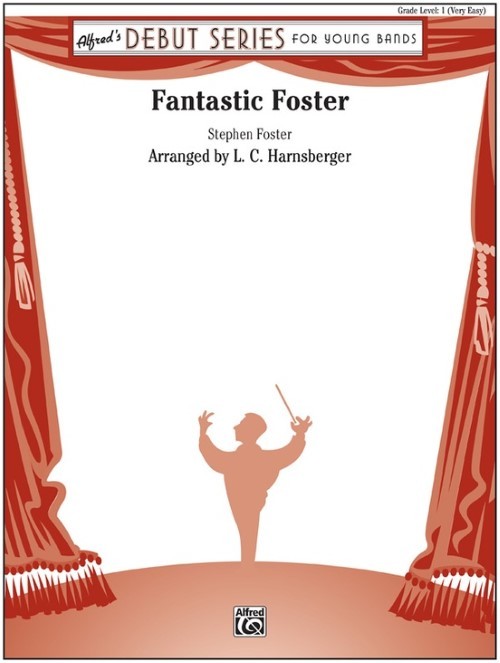 £41.50
£41.50Fantastic Foster (Concert Band - Score and Parts) - Foster, Stephen C. - Harnsberger, L. C.
During his short life (1826-1864), Stephen C. Foster wrote over 200 songs, including some that are still extremely popular today. A few of his songs are so well known that many believe they are American folk songs. In this arrangement, three of his most popular songs are arranged for young band. The entire band shares the melody of "Camptown Races," which is followed by a tender setting of "My Old Kentucky Home" featuring the woodwinds and bells. Everything comes to a rousing conclusion with Foster's first big hit, "Oh! Susanna," that lets the entire band shine.Duration: 2.10
Estimated dispatch 7-14 working days
-
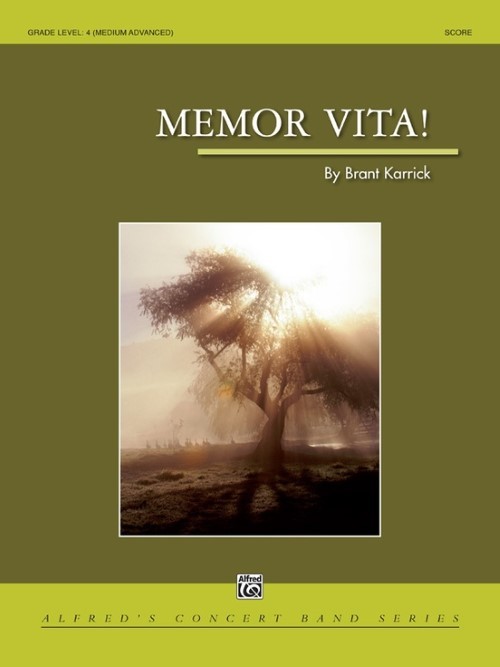 £73.50
£73.50Memor Vita! (Concert Band - Score and Parts) - Karrick, Brant
There is nothing more precious on this Earth than human life, and every day we wake up to start a new day, we choose how to live our own. Memor Vita! is a musical celebration of life, particularly remembering the life of Zachary Joseph Heringer. Zach was diagnosed with cancer when he was 10 years old. He remained positive throughout the many months of treatments and had strong hopes of being cured. He was a vivacious boy who loved sports, the outdoors, and playing the trumpet in band. He was also an excellent student. He was looking forward to joining his high school band with his older sister, Beth, and his friends. However, the cancer continued to spread and at the age of 14, Zach passed away. He fought his cancer with faith, compassion, and an attitude to never give up, and his steadfast optimism left an indelible impression on all who knew him.Duration: 6.00
Estimated dispatch 7-14 working days
